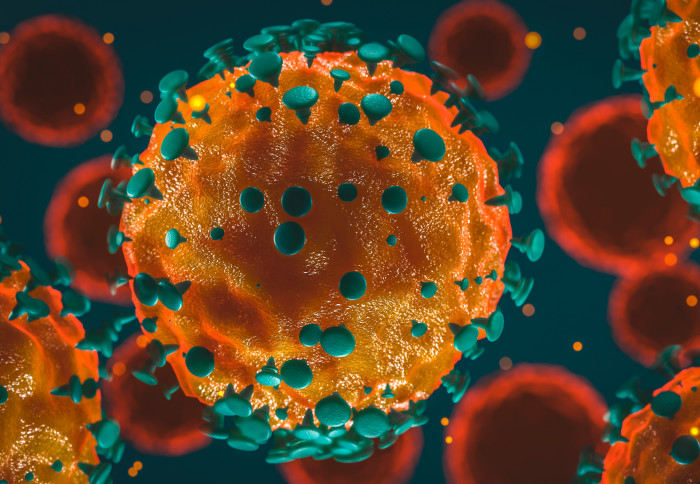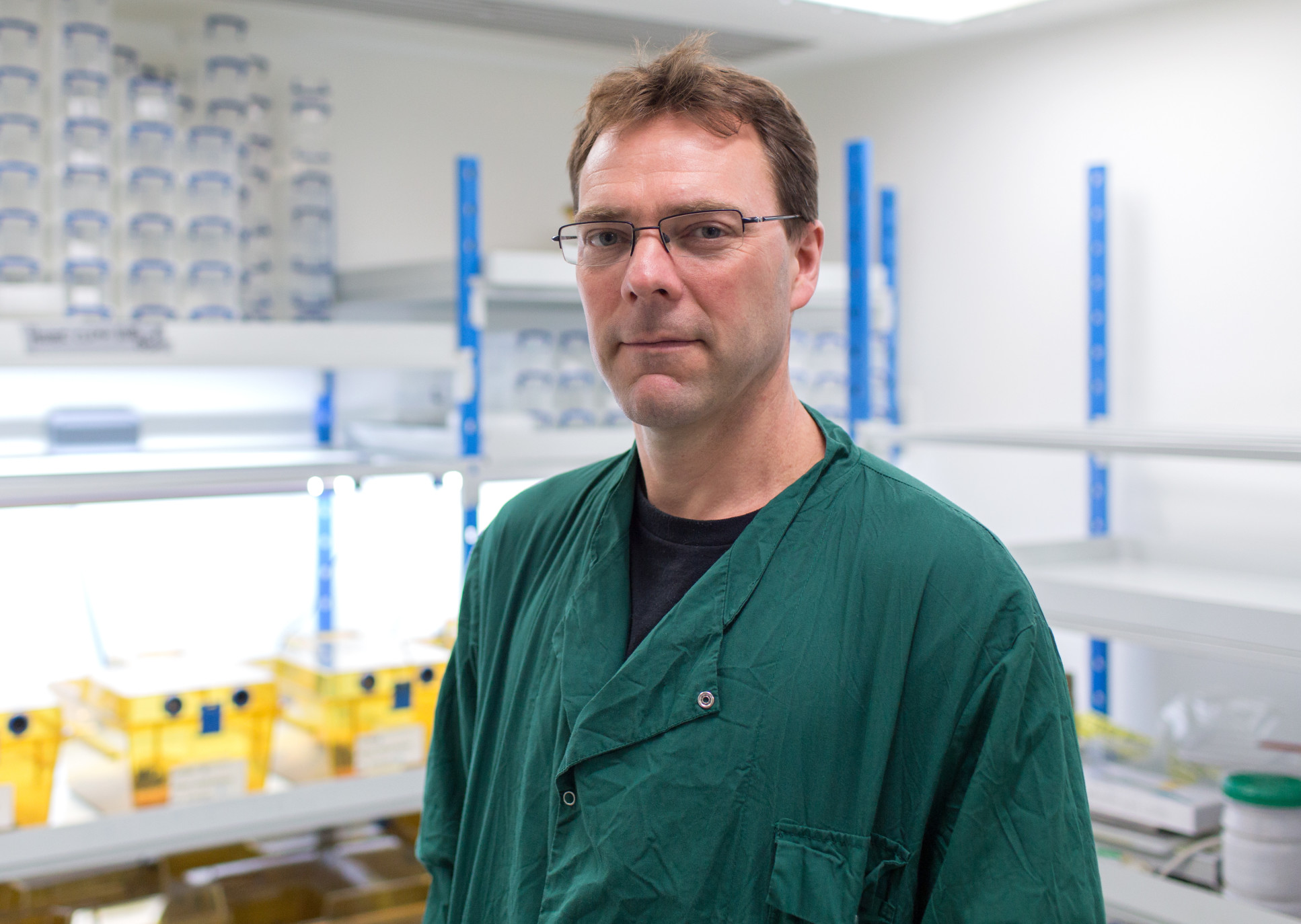COVID-19 patients could be at greater risk of fungal infections, researchers say

COVID-19 patients could be more susceptible to fungal infections, according to researchers from Imperial College London.
The researchers say that there has been reported evidence that patients with COVID-19 may be more at risk of lung infections caused by breathing in mould.
The researchers warn that the condition, COVID-19 associated pulmonary aspergillosis (CAPA), has been reported in up to an alarming 20-35% of mechanically ventilated patients, in European studies.
Writing in the European Respiratory Journal, the researchers argue that critically ill patients with COVID-19 that are not recovering as expected should be screened for CAPA.
The researchers, from Imperial’s MRC Centre for Global Infectious Disease Analysis, the MRC Centre for Molecular Bacteriology and Infection, and other institutions, say that recent findings indicate that drugs used to treat COVID-19 such the corticosteroid dexamethasone may contribute to the risk of CAPA.
Corticosteroid use has been reported in hospitalised patients with COVID-19 and may further contribute to the risk of CAPA.
Dexamethasone was found in a recent trial to reduce mortality in ventilated COVID-19 patients by a third but also may increase the risk of patients getting CAPA.
The researchers note that some immunomodulatory drugs which are currently undergoing trials for COVID-19, may also predispose patients to CAPA.
Potential risk from 'makeshift hospitals'
There is also an increased risk of exposure to the mould Aspergillus for patients who are treated in hospital wards or makeshift ‘hospital’ facilities that do not meet ICU specifications for appropriate room ventilation and air changes.
Screening for CAPA usually involves using a combination of CT chest imaging and antigen and blood tests. The researchers state that the gold standard for diagnosing CAPA should include a bronchoscopy, where a small camera is passed through the throat to inspect the lungs but diagnosis of CAPA is hampered as the procedure is high risk for aerosolisation of COVID-19
However, the impact of overburdened critical care services may increase the risks associated with CAPA if this potentially lethal infection remains undiagnosed.
Scientists call for more research and greater awareness

The scientists leading the work are calling for more research into this area and for clinicians to bear in mind the risks of fungal infections in patients with severe COVID-19.
Professor Matthew Fisher, a fungal epidemiologist at Imperial College London, and lead author of the study, says “The enormous numbers of people with severe COVID-19 worldwide, and the fact that moulds are almost always found in the air, suggests that these lung fungal infections are going to be seen with increasing frequency. We need to be alert to this possibility”.
Dr Darius Armstrong-James, a clinical scientist at Imperial and first author of the study says “Fungal infections present an additional threat in the challenging task of managing COVID-19 patients in outbreak conditions. Too often these infections escape notice, and their timely clinical diagnosis is critical to saving lives”.
Article text (excluding photos or graphics) © Imperial College London.
Photos and graphics subject to third party copyright used with permission or © Imperial College London.
Reporter
Stephen Johns
Communications Division